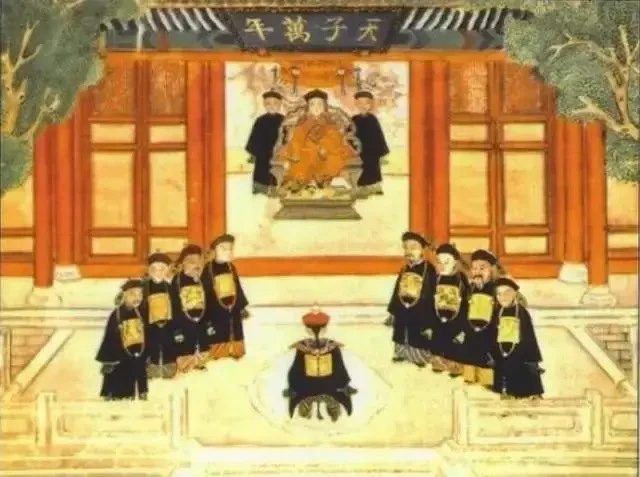In ancient times, if an emperor sentenced someone to death, that person was expected to express gratitude. This has led many modern individuals to wonder why, after being executed, one would still need to be thankful.

Officials and nobles of the past had to express gratitude when granted death by the emperor. (Illustrative image: Internet).
So, why should those condemned by the emperor feel grateful? Two main reasons have been suggested:
First, failing to express gratitude could anger the emperor, potentially worsening the situation. In ancient times, the emperor wielded immense power. Disobeying orders and not showing gratitude could lead to severe consequences, such as the execution of one’s entire family.
Second, it may sound strange, but in ancient times, being granted death was considered a privilege. Although it was essentially a death sentence, those in ancient society viewed it as a special right, reserved for the nobility, high officials, and concubines, not something everyone could receive.
Why was a death sentence seen as a privilege? For instance, during the Qing Dynasty, before the death of Emperor Xianfeng, due to the young age of Emperor Tongzhi, he ordered eight high officials to assist the new emperor with state affairs. However, these officials could not hold power for long as they were overthrown by Empress Dowager Cixi. Among the eight, some were exiled, while others were dismissed. Two of them were sentenced to death.
Even though it was a death sentence, those granted death had the choice between committing suicide or taking poison. This not only preserved their dignity but also ensured their bodies remained intact. In contrast, those who were executed publicly lost their dignity and had their bodies mutilated. Thus, receiving a death sentence from the emperor could indeed be seen as a privilege.
Overall, those who were condemned to death, despite feeling unhappy and unwilling to lose their lives, were compelled to think of their loved ones around them. They had to express gratitude to their superiors. Furthermore, in ancient society, emperors were regarded as divine rulers, possessing the power of life and death; those condemned to death had to accept this and express their thanks.


















































